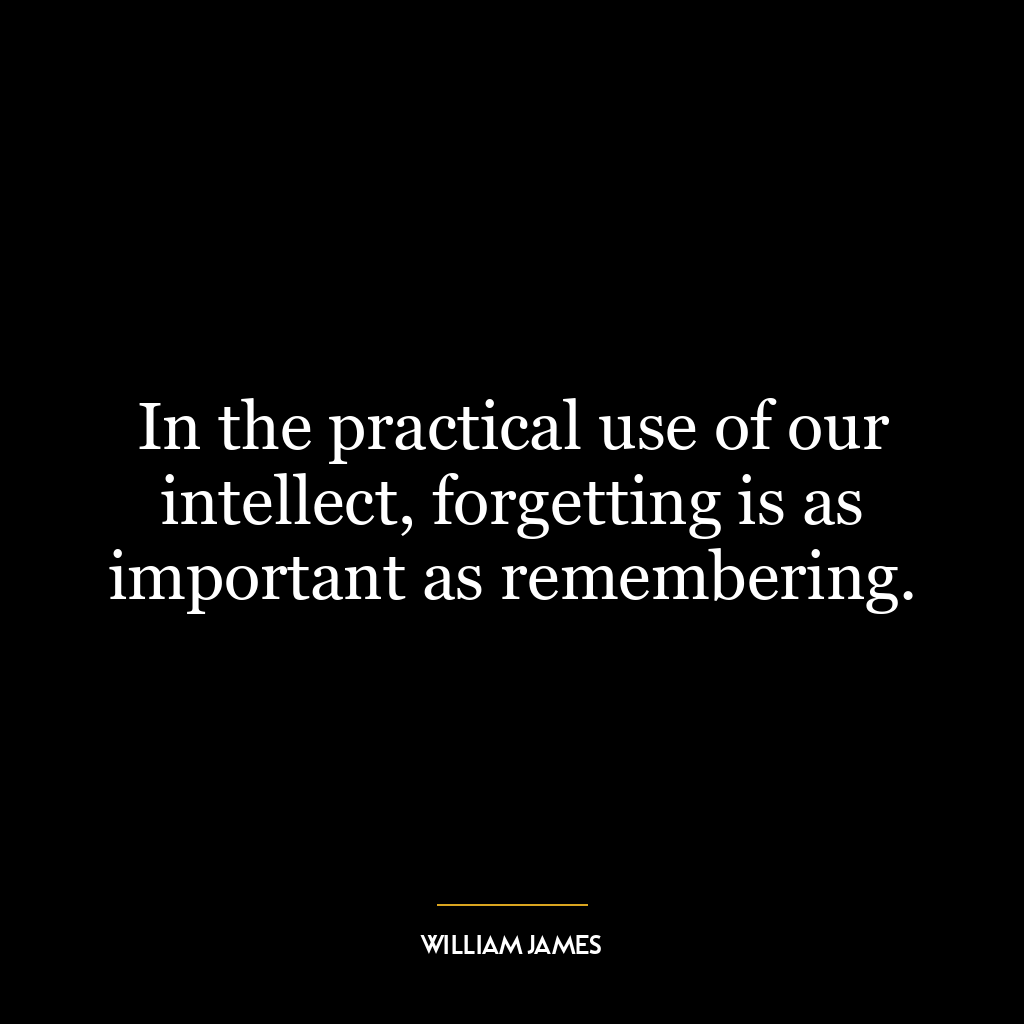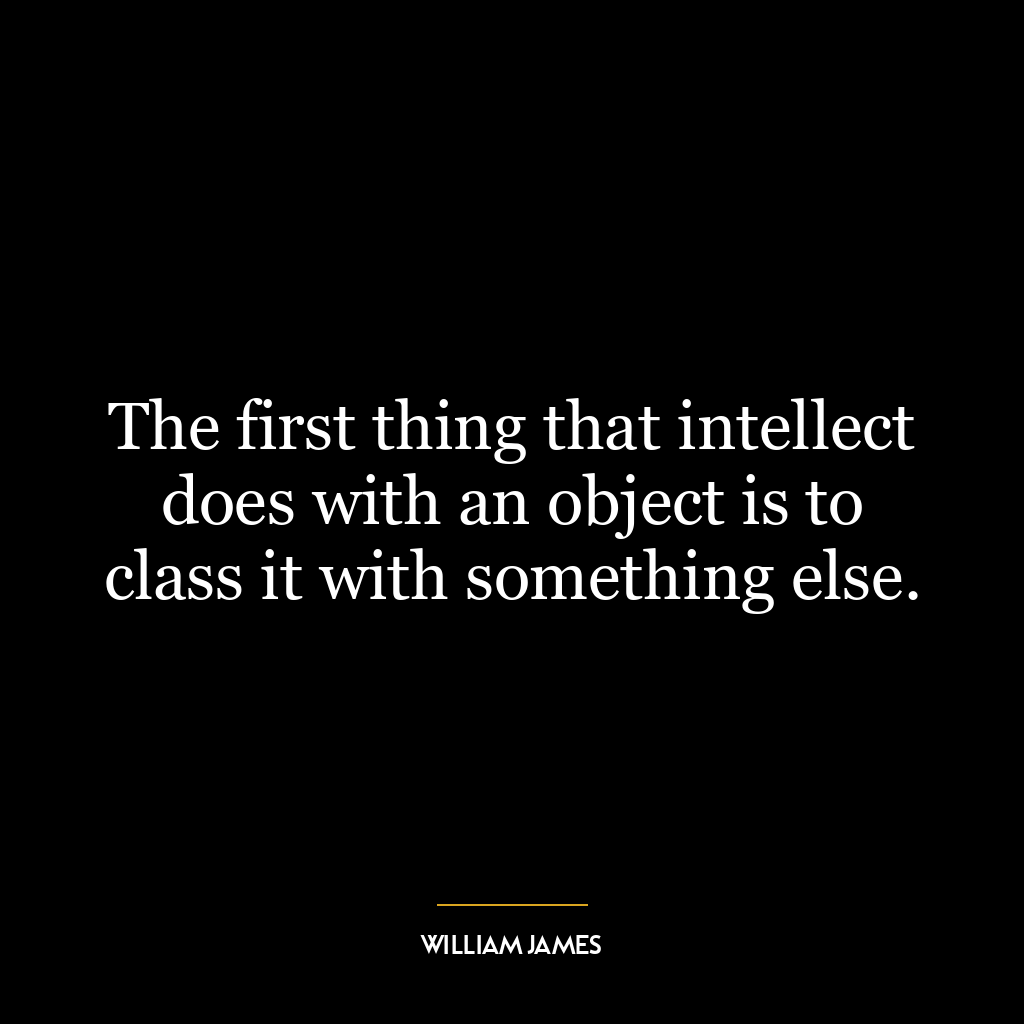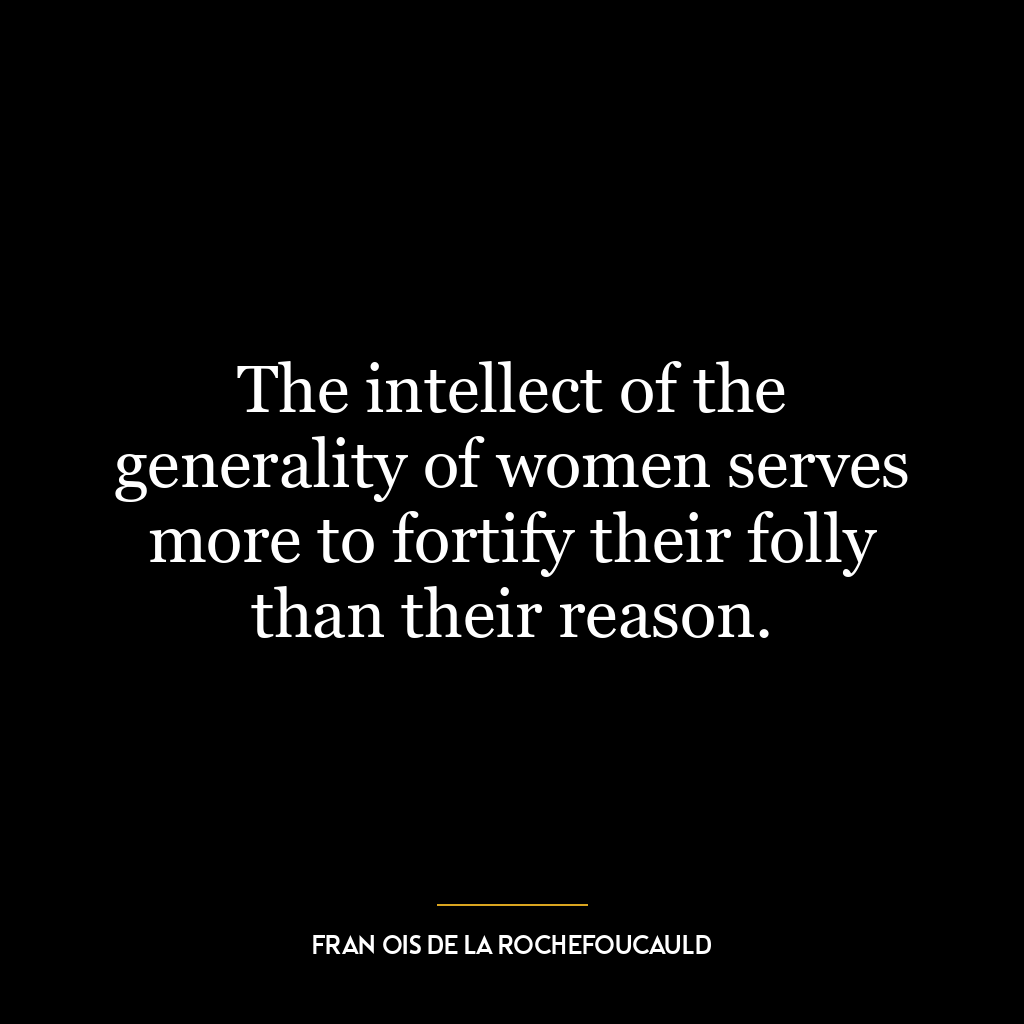The gods offer no rewards for intellect. There was never one yet that showed any interest in it.
This quote suggests that divine beings, or “the gods,” do not necessarily value intellect or intellectual achievements. It implies that intelligence and intellectual accomplishments are not necessarily rewarded or valued by higher powers. Instead, the gods may value other qualities such as morality, kindness, or faith more than intellect. This quote challenges the common human assumption that intellectual prowess is the highest form of achievement.
In the context of personal development, this quote could serve as a reminder that intellectual accomplishments are not the only measure of a person’s worth. It encourages individuals to cultivate other qualities such as kindness, empathy, and integrity. It also suggests that a person’s value should not be determined solely by their intellectual abilities or achievements, but by their overall character and actions.
In today’s world, where intellect is often highly prized and rewarded, this quote could be seen as a critique of societies that overvalue intellectual achievement at the expense of other qualities. It could also be seen as a critique of education systems that focus primarily on academic achievement, rather than on developing well-rounded individuals.
Furthermore, this quote could be seen as a commentary on the disconnect between human values and divine values. While humans may value intellect and reward it with accolades and success, the gods may not place the same importance on it. This could lead to a discussion about the different values and priorities of humans and divine beings, and the potential conflicts between them.
In essence, this quote encourages a broader perspective on what constitutes value and success, beyond just intellectual achievement. It serves as a reminder that there are many ways to be valuable and successful, and that intellect is just one of them.









